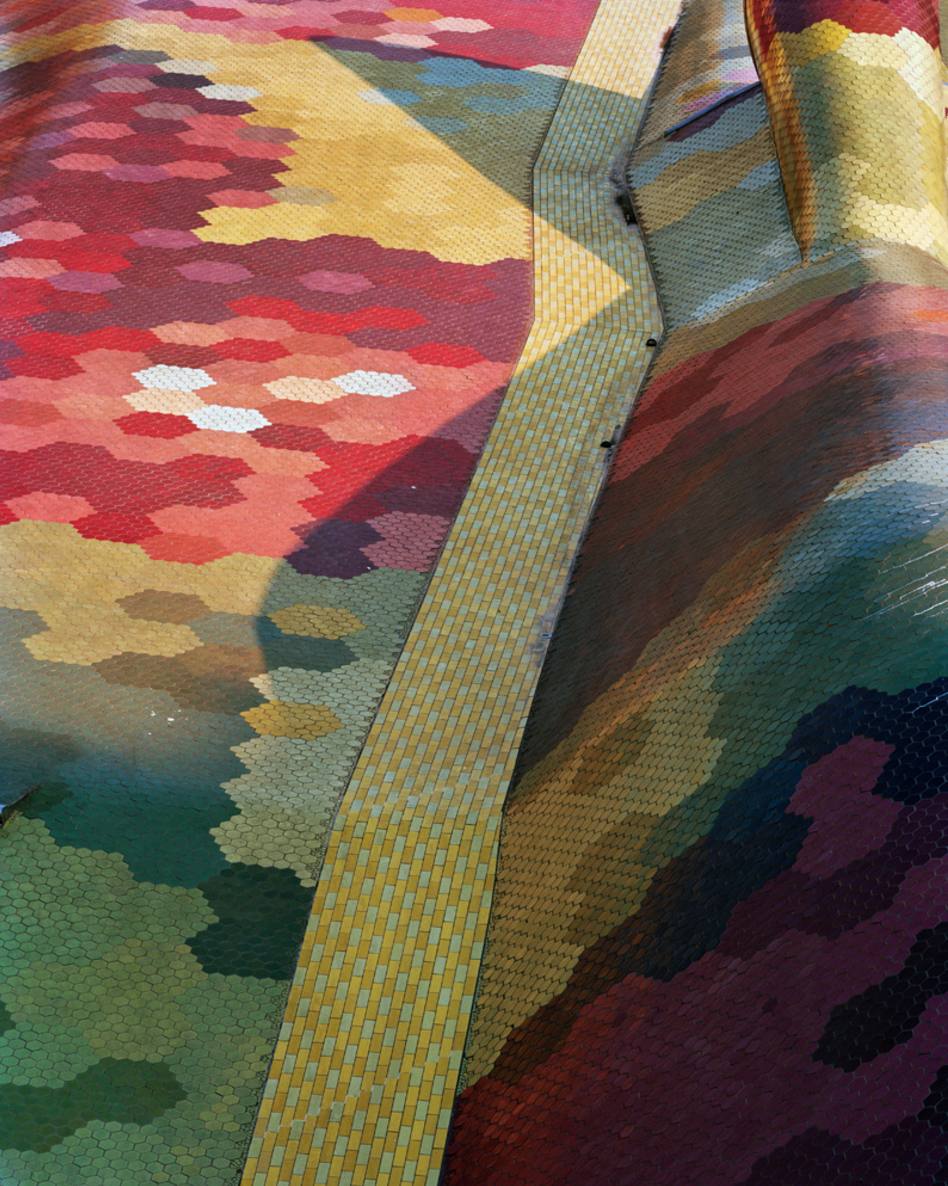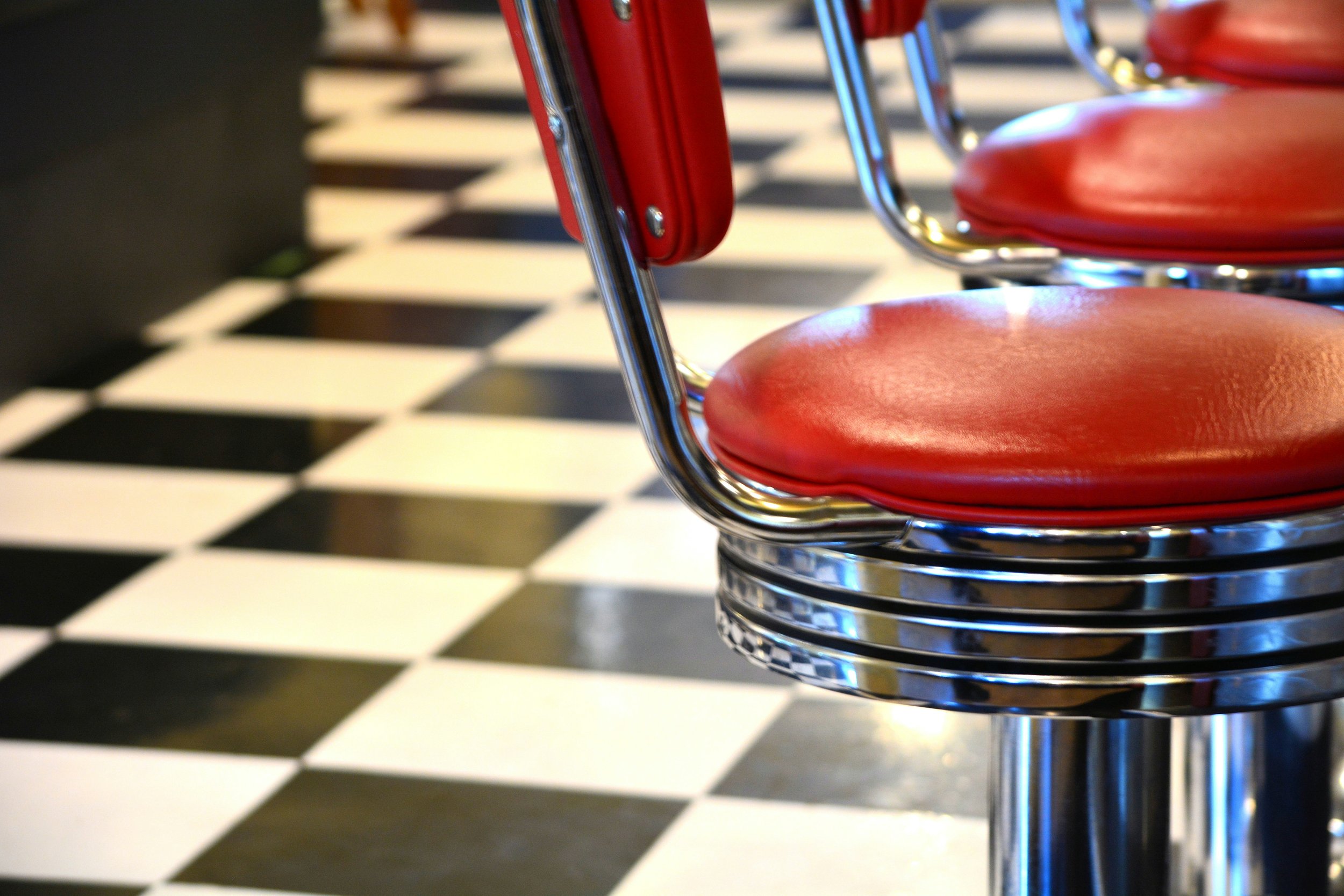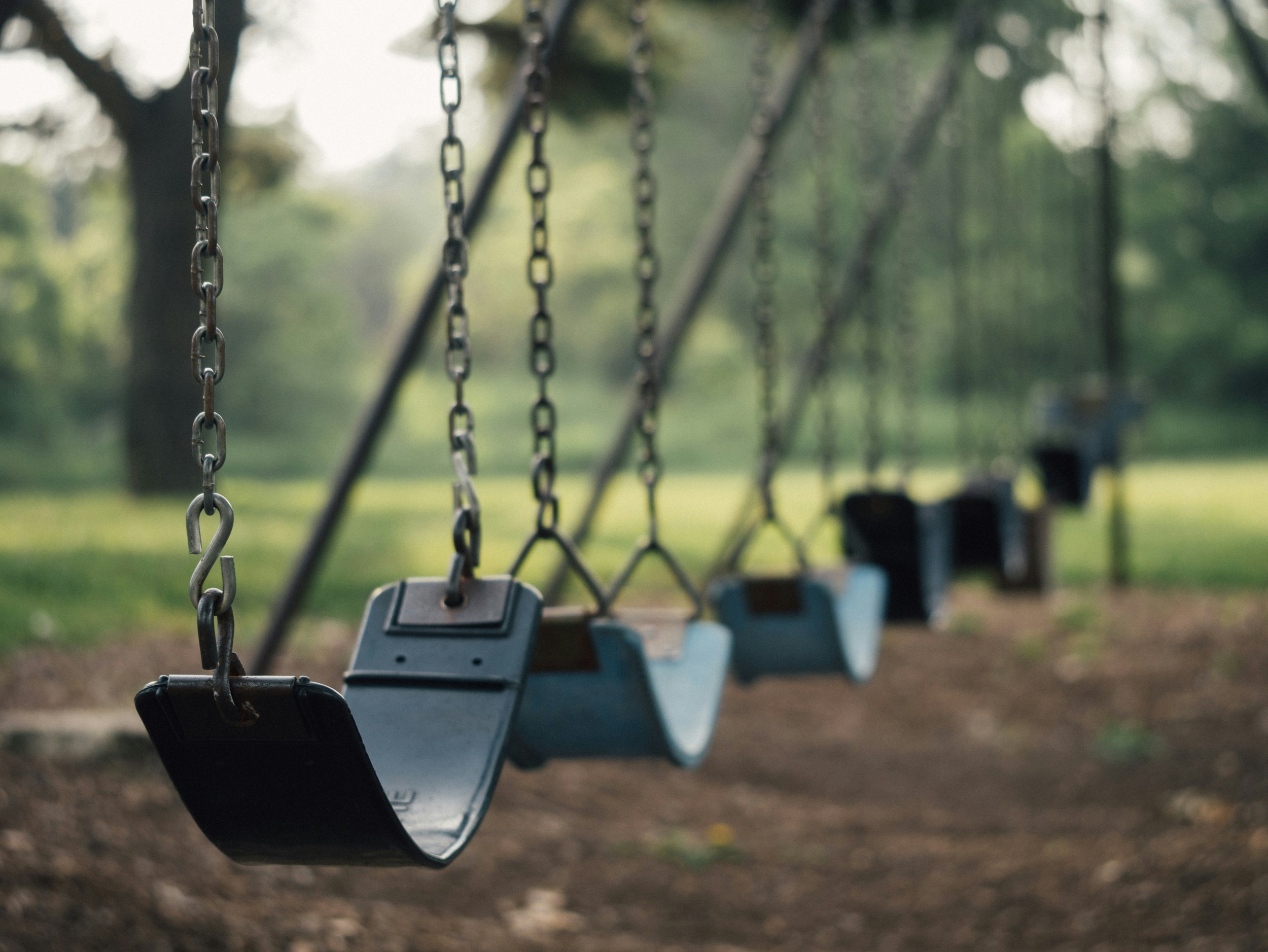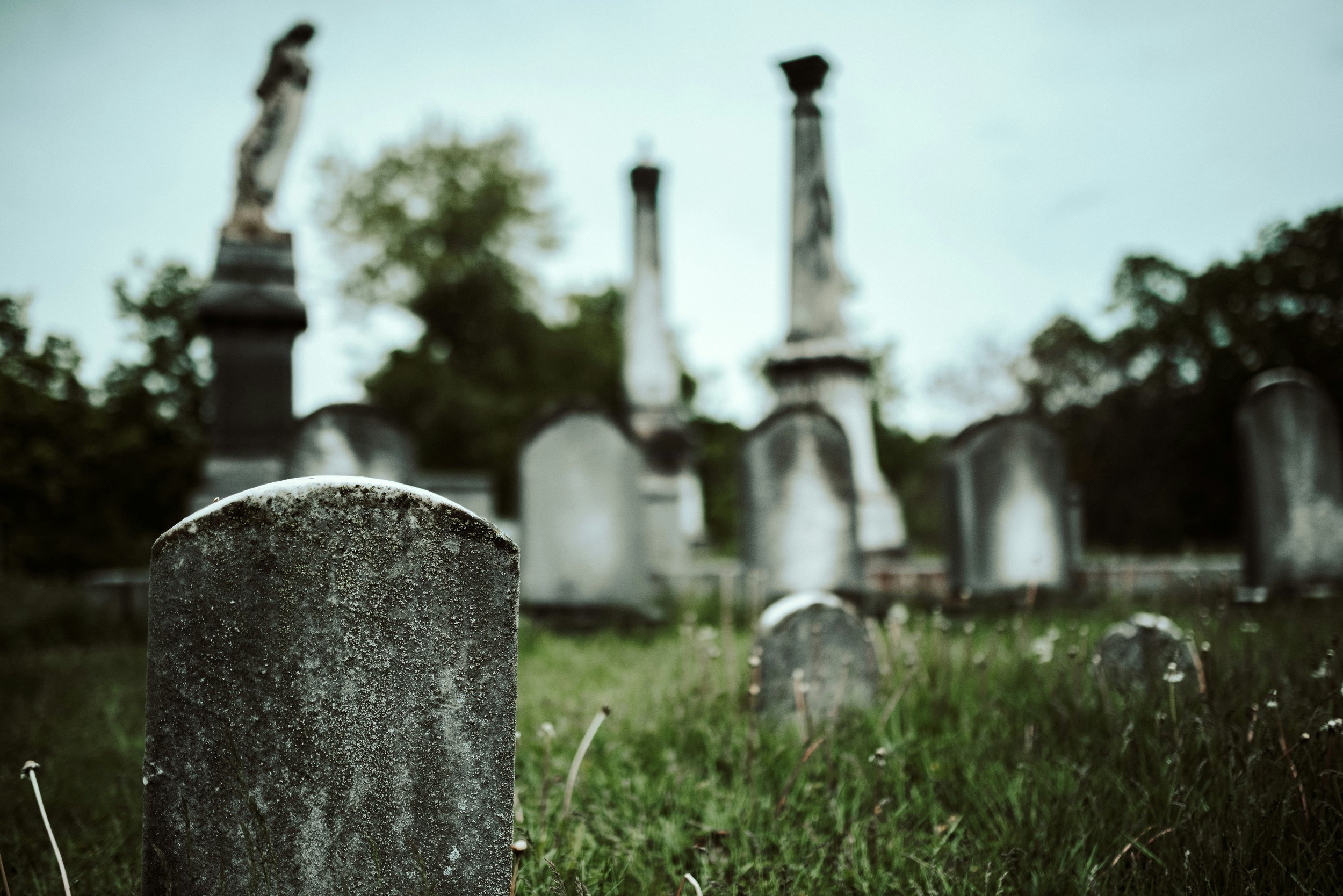To the Traveling Magician

You came around the bar each night and so did I. Funny to say “the bar” as if there were only one, when Calle Calzada was nothing but, their plastic chairs bearing slogans for Toña and La Victoria, the national beers, flocked by children begging money for glue.
You were on crutches and missing part of your leg—I can’t remember which, right or left—from the knee down, and I doubt you remember me getting drunk, but I remember you getting drunk, or rather—I remember you being drunk, as if you’d always been and would always be, as if you’d been born that way. It was nothing violent, more like a glaze across your being. You said you were a traveling magician and I guess you were. You taught me the words for what you did, trucos de magia, but I never saw you perform one.
This was in Granada, Nicaragua, during the summer of 2007. You don’t remember my name, I’m sure, and I don’t remember yours—because you didn’t really need one, and I didn’t really need one. You were the one-legged magician, like a figure from the tarot deck, and I was just another American girl who maybe glanced back for a couple seconds to look at your damage. The bar we haunted was the bar everyone haunted. We were interchangeable parts in a machine beyond our reckoning, both troubled travelers, and there were spares for both of us, extras, waiting in the wings; more where we came from.
Our bar was the bar where I went after I got my nose broken by a stranger in the street and it was the bar where I went every night my nose didn’t get broken by a stranger in the street, because I liked getting drunk where other people would already be drunk before I even got started. I never liked beer, but I drank it a lot because it was basically just beer and rum on offer. I drank rum, too. Rum and cokes were called nica libres instead of cuba libres—the Revolution in Nicaragua had been like a little sibling, formed in its elder’s image.
Those were the early days of Ortega’s second lease on the dream, and it went black for hours at a time each night. The government was figuring out how to make electricity a public industry. We’d buy tamales from the woman at the corner of the Parque Central and eat them somewhere with candles, or without candles—just feeling with our hands—and some nights, we piled into unmarked black taxis and rode down the lake to Oscar’s, where people danced and snorted lines of coke, where little black flies lifted in a fluttering scrim over the water at dawn. I worked at a school, and so that’s where I spent my hangovers; I remember gulping orange soda in the gully behind the classrooms, picking corn chips from a crinkling bag, and teaching kids how to tuck their fingers down so they could learn subtraction.
You went away, or I went away, but drinking never did.
You were missing part of yourself and drinking anyway—fucking up magic tricks or failing to produce them, and drinking anyway—and I would think of you, years later, when I had a broken foot and drank anyway; when I had both hands gripping crutches and drank anyway; when I tripped and fell going down the steps of the double-wide trailer that was the bar, bandaged foot held aloft, crutches clattering to asphalt; when I made it home, went to bed, woke up the next morning, crutched through the next day—and drank again, inevitably, anyway.
Back then, I wanted to beg you to take better care of yourself—to tell you to treat your broken body as something worth attending to. And whatever in me had wanted to beg you, I knew—when I was tripping down those trailer stairs, or balancing a bottle against my crutches—I knew I needed to bring it back, to beg that of myself.
ABOUT THE AUTHOR
Leslie Jamison penned our first-ever “Letter to a Stranger,” writing to a traveling magician in Granada, Nicaragua, where she worked for a time as a Spanish teacher. She is the author of The New York Times bestselling essay collection, The Empathy Exams, and the novel The Gin Closet—a finalist for the Los Angeles Times First Fiction Award—as well as a regular columnist for The New York Times Sunday Book Review, and an assistant professor at Columbia University.










